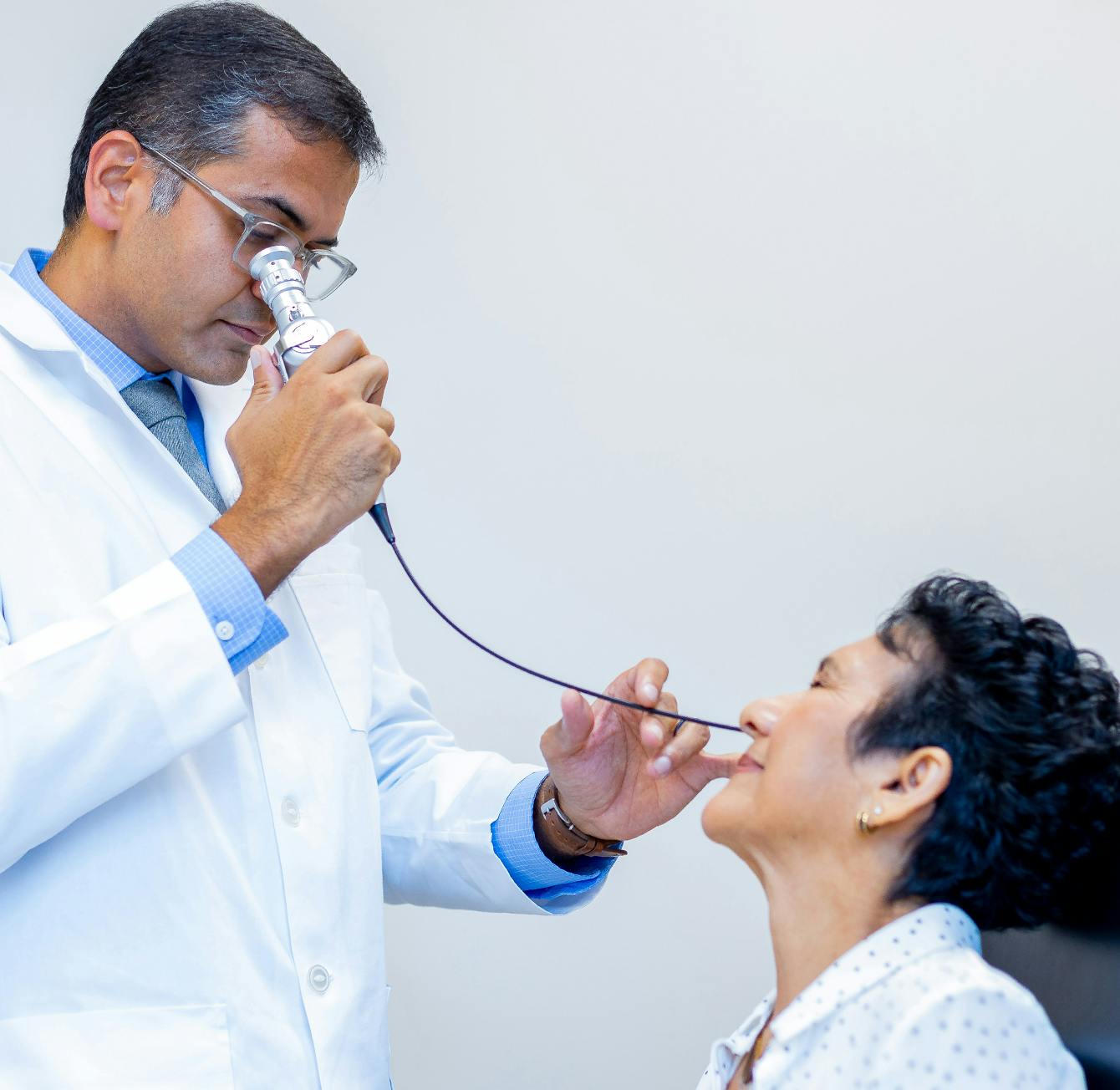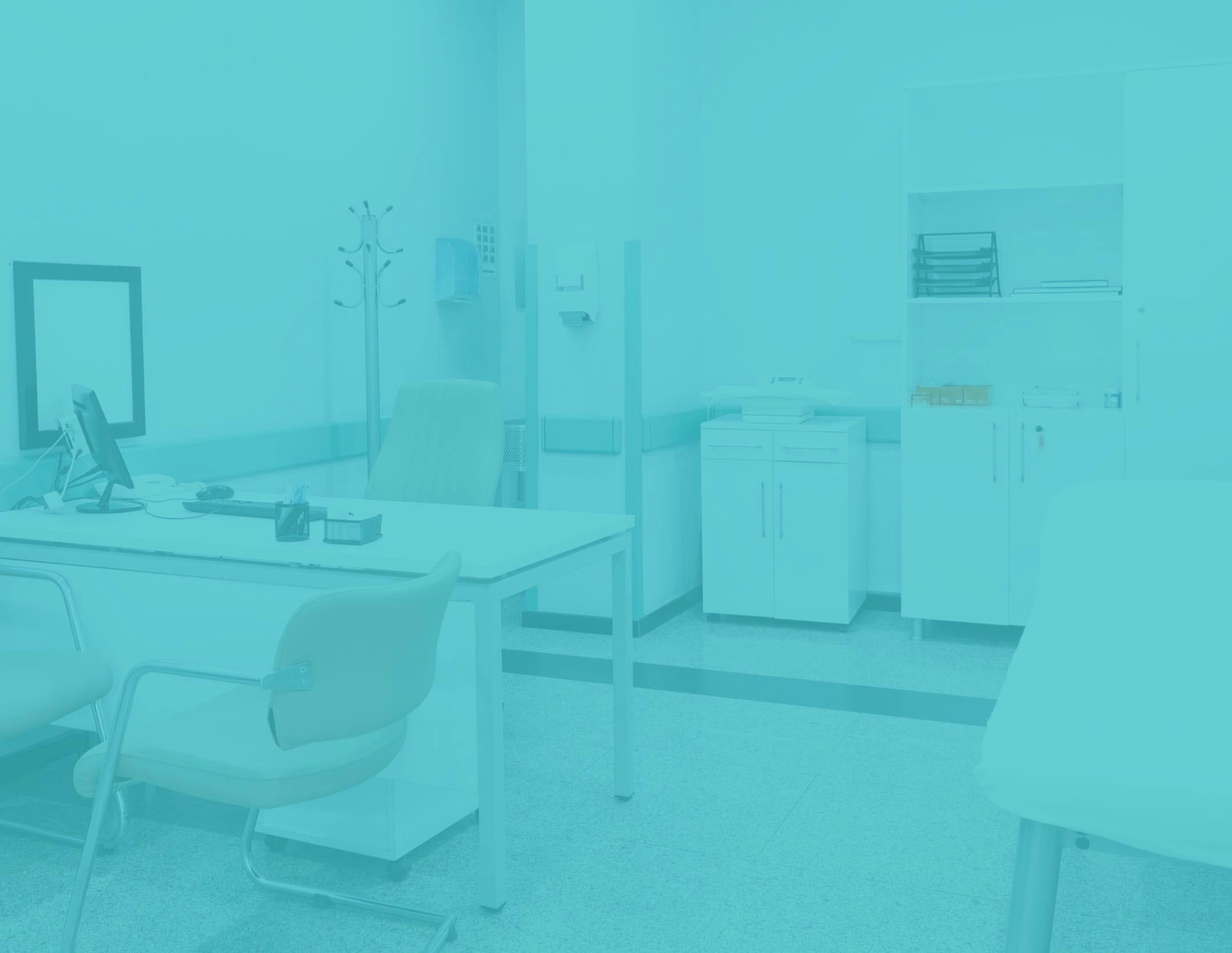Nasal polyps are benign growths that form in the nose and sinuses. When they grow in size or number, they can lead to a number of problems – including breathing challenges, frequent infections and more.

What are Nasal Polyps?
Nasal polyps are soft, painless and noncancerous growths. They develop along the lining of the nasal passages and sinuses due to chronic inflammation associated with asthma, recurrent infections, allergies, immune disorders and more. They are quite persistent and often return after treatment.

Symptoms
Small polyps may not be associated with any symptoms. However, as they grow they can block the nasal passages and cause:
- Breathing problems
- A diminished sense of smell
- Frequent and recurrent infections
What Causes Polyps?
It is not fully known why nasal polyps develop. However, there are certain risk factors associated with the condition, including asthma, allergic fungal sinusitis, cystic fibrosis, a family history of polyps and more.
How are Polyps Diagnosed?
Polyps can generally be diagnosed following a discussion of your symptoms and an examination of your nose. In addition, your Miami ENT doctor may perform a nasal endoscopy to closely asses the nose and sinuses and order a CT scan to determine the size, location and extent of your condition.

Treatment Options
There are two primary treatment approaches for nasal polyps: medication and surgery. In most cases, your physician will begin your treatment with medication -- with a nasal corticosteroid spray to minimize inflammation and shrink or eliminate the growths.
If that isn’t effective, oral and injectable corticosteroids may be used for a short period of time. Unfortunately, they are not considered a long-term solution because they are associated with serious side effects. Depending on the underlying cause of your polyps, an antihistamine may be prescribed to treat allergies and antibiotics to target a chronic or recurring infection.
If medications are ineffective in shrinking or eliminating your polyps, endoscopic surgery to remove the growths and resolve issues with the sinuses that increase their susceptibility to polyps may be necessary. To perform this procedure, your surgeon will use a small, lighted instrument attached to a camera (an endoscope) and tiny surgical tools to remove the polyps and other obstructions.

